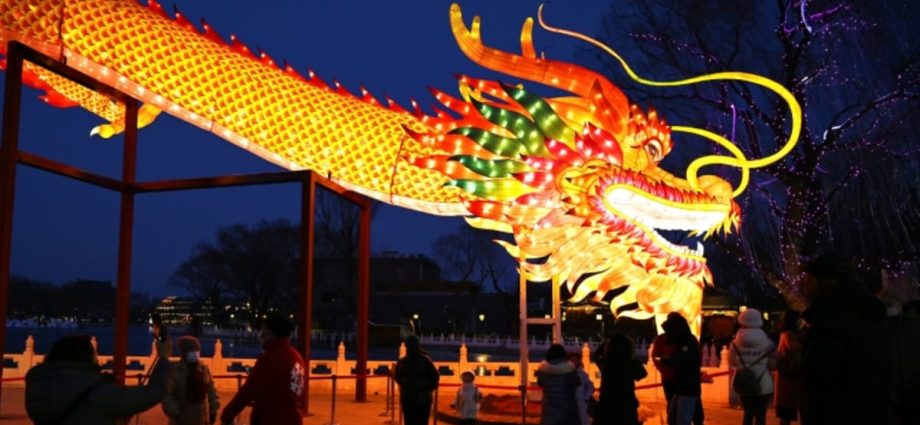
“PENT-UP DEMAND”
The latest holiday data showed that “there was substantial pent-up demand to be released”, Ting Lu, chief China economist at Nomura, said in a note on Monday.
But he warned against reading too much into the strong spending figures, as “we need to take into account the very low base from last year during the height of the COVID-19 ‘exit wave'”, referring to a rapid surge in infections across the country in December 2022 and January 2023.
While total spending was up, the average spending per trip was down 9.5 per cent from 2019, according to Nomura calculations.
And analysts at Goldman Sachs also pointed to the “slightly longer-than-usual” holiday period this year, which they said “contributed to the record cross-region passenger flows and encouraged more long-haul travels”.
The national holiday in 2019 was seven days long, compared to this year’s eight.
The holiday data comes after months of struggle by officials to kickstart growth in the face of a prolonged property-sector crisis, soaring youth unemployment and a global slowdown that is hammering demand for Chinese goods.
Policymakers have in recent months announced a series of targeted measures as well as a major issuance of billions of dollars in sovereign bonds, aimed at boosting infrastructure spending and spurring consumption.
But that, and recent announcements including central bank interest rate cuts and measures to boost lending, have had little impact so far, with consumer prices falling in January at their quickest rate in more than 14 years.

